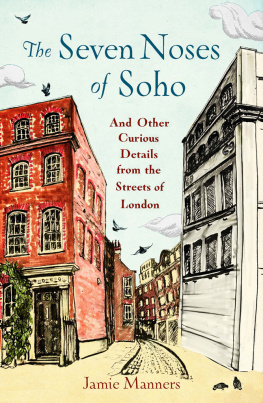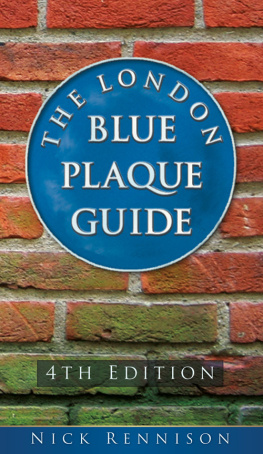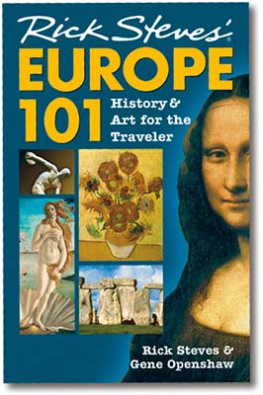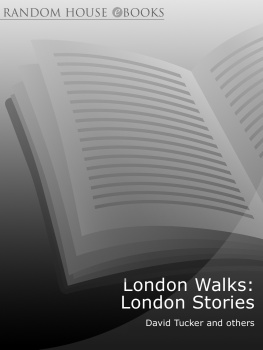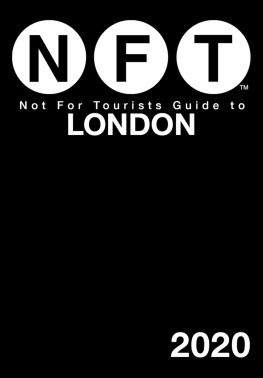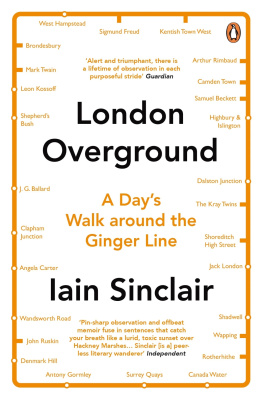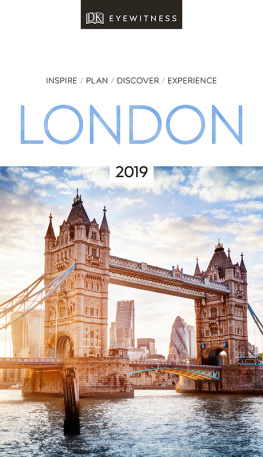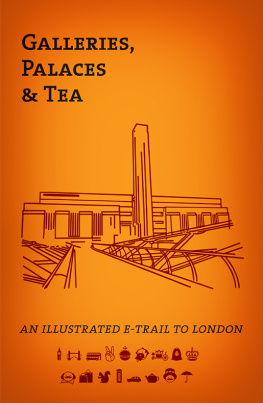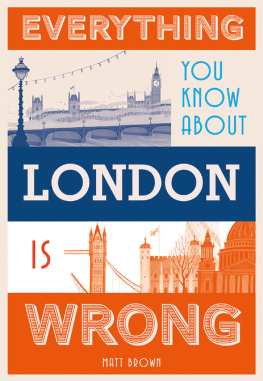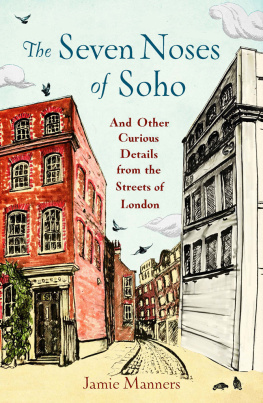First published in Great Britain in 2015 by
Michael OMara Books Limited
9 Lion Yard
Tremadoc Road
London SW4 7NQ
Copyright Jamie Manners 2015
All rights reserved. You may not copy, store, distribute, transmit, reproduce or otherwise make available this publication (or any part of it) in any form, or by any means (electronic, digital, optical, mechanical, photocopying, recording or otherwise), without the prior written permission of the publisher. Any person who does any unauthorized act in relation to this publication may be liable to criminal prosecution and civil claims for damages.
A CIP catalogue record for this book is available from the British Library.
ISBN: 978-1-78243-461-0 in hardback print format
ISBN: 978-1-78243-462-7 in ebook format
Jacket design and illustrations by James Nunn
Designed and typeset by Envy Design Ltd
www.mombooks.com
To Charlie

Contents

Of course, London is a big place, its a very big place, Mr Shadrack. A man could lose himself in London. Billy Fisher (Tom Courtenay), Billy Liar (1963)
When a man is tired of London, he will be very, very tired of hearing that old line by Dr Johnson. Fortunately, for those who know where to look, antidotes do exist.
Recently I was on a flight to Gatwick. England was unusually cloudless, and we could see far and wide as the captain readied our descent. When the plane turned in preparation, London came into view in the middle distance. Having spent my whole adult life in London, I had never seen anything like it. We were just distant enough that London could be seen from end to end, a sight that I had never dreamed possible (unless from space or in a CGI-heavy film). The entire city was a monstrously sized saucer, with upward ridges around its edges but otherwise smooth and level, perhaps dipping a little at the centre. We were just close enough that I could identify some of Londons tallest landmarks; the Shard, the Gherkin and the pyramid peak of Canary Wharf all stood out, although none looked taller than a grain of rice. The anecdote is banal, but it illustrates one of Londons strengths: the ability to continually surprise those who know the city well. Patrick Hamilton wrote of 20,000 streets under the sky; today, there are 60,000 within a six-mile radius of Charing Cross. This modest and subjective compendium of one persons findings could never be comprehensive because there is so much of London waiting to be discovered that a single volume will barely scratch its surface.
Among the great historic cities of the world, London is particularly rich because it has no single unifying style. Wren hoped to impose one as the city rebuilt itself after the Great Fire, but London was too attached to its medieval street plan. Rather than one mans vision, this city is a result of thousands of compromises, accidents and moments of improvisation. Every generation leaves another its mark, adding new chapters to Londons story. Paris or Venice may be more beautiful, but a city planned to perfection is a city that resists change and struggles to adapt. Like the teeming crowds who live and work there, the streets of London have always shown a tumult of different influences. Each age is still present, and competes for your attention. Walk around London and you will not just go from place to place, you will travel through the centuries.
The chameleon nature of the London skyline means that this book cannot help but be dated. Some of the best things in it are currently living a very precarious existence and may soon be gone. Revisit London in 2035 and there will be many marvellous new things at which to wonder, and no doubt a far greater number of dreadful ones. A plot of London land will be written over as many times as a classroom blackboard.
Continual change can be wearying on the nerves, and the direction in which London is currently heading is a grave concern. Written when war was the existential threat, Nol Cowards London Pride celebrated neither the costermongers of Covent Gardens vegetable market nor the society ladies of Park Lane, but the variety signified by their juxtaposition. The latter are now expelling the former. Both property speculation and the spread of gentrification have rendered Londons traditionally cheap areas very expensive. If only the very rich can live here, this great city will lose its vitality, its ebullience and wherever they happened to be born its true Londoners. If the drive to acquire as much money as possible supplants every other concern, the incredible stories to be found within London will dry up altogether. What shall it profit a city if it gains every billionaire in the world and loses its soul?
Fortunately London has 2,000 years of history behind it. Spreading far beyond its original city walls, London has swallowed up countless villages and towns, each with its own identity and its own story. This book will not describe the iconic London sights, such as Big Ben or St Pauls, that are well covered elsewhere. It will focus on the streets of London, and attempt to show that they contain exhibits just as intriguing and enlightening as the treasures of the British Museum and National Gallery. Even commonplace pieces of street furniture such as letterboxes or lampposts reveal unexpected dramas. These small details are what has given London a human face and made millions fall for it.
This book is populated with tigers and flamingos, Roman emperors and Crusader knights, elves and devils, dead rock stars and Soviet spies. Its tales include the temporary Belgian village in the heart of England, a cul-de-sac in Holborn that is officially part of Cambridgeshire, three west London streets that seceded from Britain and a series of riots over a dog statue. From Wren to Renzo Piano and Bazalgette to Banksy, it showcases some of the curiosities that hide in plain sight, and demonstrates that the story of London is the story of the world. Next time you are heading for your rush-hour train, why not turn away from the stampeding crowds and take a look around: you may find some London stories of your own. When youve seen how big this city is, you realize that the stories are in infinite supply and being added to every day.

Running from the well-heeled suburbs of the west to the mock-Tudor heartlands of Essex is the Central line. It takes in west London, the West End, the City, the East End and the new Olympic sites at Stratford. In 1900, it opened as the egalitarian twopenny Tube, running from Shepherds Bush to Bank. Mark Twain was a passenger on its inaugural journey. To the west of Holborn is a disused station called British Museum. During World War II, the tunnels between Leytonstone and Gants Hill were used as a secret factory for aircraft components.
Bank and St Pauls bring you to two of the most important sites in the City of London, which for so many centuries was the entirety of London. When we visit European cities, we tend to stick to sightseeing in the historic centre, yet Londoners are often cut off from the inheritance of their own centro storico. The City is a living museum of treasures, but the only people going there habitually are the ones moving around imaginary money in computers and those who make their sandwiches. When Wrens churches were under threat, T.S. Eliot wrote that they gave to the business quarter of London a beauty which its hideous banks and commercial houses have not quite defaced... the least precious redeems some vulgar street.

